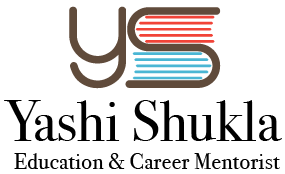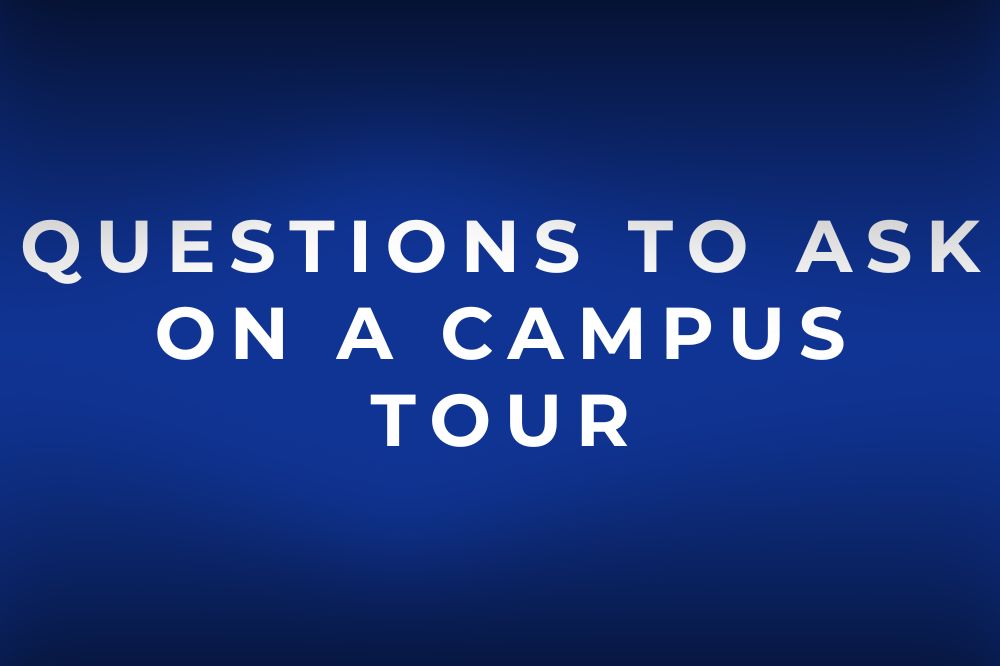If you ask for a list of documents important to a foreign education application process, the personal statement and your school transcripts usually top it, but just as equally important as your letters of recommendations (LoR)!
The LoR is an external validation of what you’ve done and demonstrated in your resume. This helps Admissions Officers holistically assess your profile from another perspective. This is especially since the truth about a candidate’s involvement in a project cannot be bent—it’s the recommender’s responsibility while endorsing a candidate for admission. For undergraduate admissions through the Common App portal, most universities request for one counselor LoR and one-three subject LoRs.
The counselor LoR offers an overarching description of you to the committee, highlighting major accomplishments that set you apart from other applicants. It describes you as an individual and more than just a learner, while detailing your impact on the community, and shares your future goals. On the other hand, the subject teachers’ LoRs are supposed to highlight your growth in a specific subject (usually relevant to the major you’re applying to). It demonstrates your caliber in the subject, mentions your best work which had an impact outside the classroom space, and your strengths as a learner, which would make you an asset academically to the university.
Schools usually collect this information through brag sheets that act as a quick reference guide with all the details and achievements for someone trying to get to know you better. Make sure to highlight your strengths, demonstrate growth through specific instances from your classroom and school experiences, and provide evidence for your projects. Feel free to also highlight your application theme and strategy in the brag sheet. This would help your counselor and teachers draft stellar LoRs on your behalf.
Other than these required LoRs, the portal also allows for you to submit external LoRs—from mentors, internship supervisors, heads of NGos, or any other notable individuals who will be able to speak for your work with them. This serves as valid evidence of your community service, internships, and/or research work outside school, and demonstrates additional strengths outside school, while supplementing what your teachers are saying.
LoRs should ideally follow the PEE framework—Point, Explanation, Evidence. Mention one of your strengths or achievements, contextualize it further as to why the particular strength/achievement is significant, and provide specific examples or anecdotes that illustrate the point and explanation. This would ensure that you have a concise, persuasive LoR that conveys all the important details to the stakeholders of the admissions process.
Remember, the quality of an LoR can make a world of difference. For those seeking help in crafting their LoRs or navigating the application process for abroad education, consider consulting with professionals like Yashi Shukla, with over 17 years of experience in education abroad!











